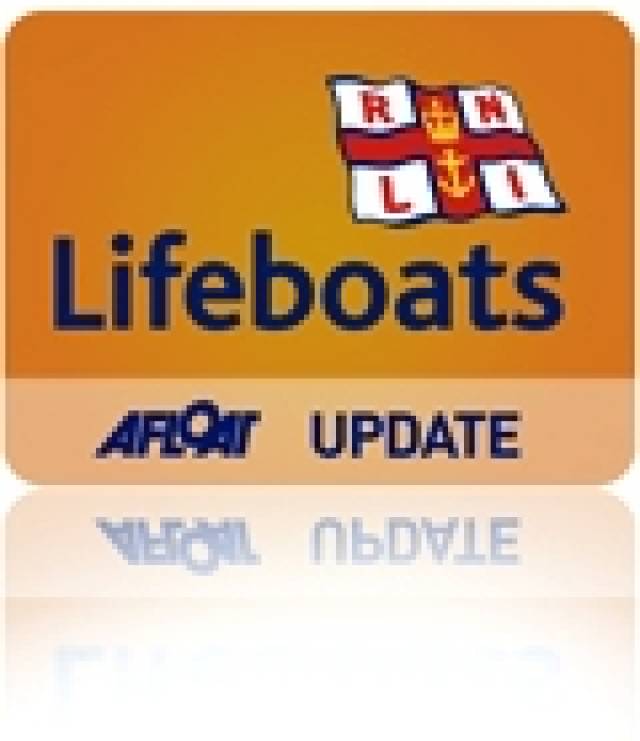#rnli – No tea. No coffee. No fizzy drinks. No wine. No beer. No orange juice. The RNLI is challenging people to give up all drinks except water for 10 days for the H2Only challenge to raise funds for the lifesaving charity.
Charlie Glynn from Kilrush RNLI is a helm at the Clare lifeboat station and he hopes that by undertaking the challenge that others might forego their beverages and stick to the water for the ten days.
The H2Only challenge runs from 5pm on Tuesday 2 June to 5pm on Friday 12 June, with participants giving up the drinks they love for 10 long days and drinking nothing but water throughout the challenge.
Commenting on the challenge Kilrush RNLI volunteer lifeboat crewmember Charlie Glynn said, 'The H2Only challenge is extremely tough. I know that going 10 days without a morning cup of tea or coffee, a drink after work or a can of fizzy drink will be really hard but I hope that people will also see it as a healthy thing to do as well as supporting a charity that spends so much time helping people in trouble on the water.
'Every euro raised is so important to the RNLI. As a charity, we rely on the support and generosity of the public so that we can continue to save lives at sea. Everything we have at our lifeboat station from the lifeboat, to our kit right through to our training, has been funded through people giving generously to the charity. I'd encourage people to sign up to take on the H2Only challenge. Please stay on the water for those tough 10 days to help us stay on the water.'
Everyone who signs up to take on the challenge will receive a pack containing H2Only temporary tattoos to proudly display. The tattoos, which have a seafaring theme, last up to 10 days – so participants can show off their exclusive H2Only 'ink' while taking on the tough challenge.
Participants will be able to download the free H2Only app from Google Play and the Apple App Store from Tuesday 26 May. The app is designed to make the 10 days fun, with daily challenges being set and pictures and videos from other H2Only participants being shared. The Apple version of the app is also compatible with the new Apple Watch.
During the same 10 day H2Only challenge period last year, RNLI lifeboat crews and lifeguards throughout Ireland and the UK saved 9 lives, with lifeboat crews launching 272 times and rescuing 289 people, while RNLI lifeguards attended 111 incidents and aided 189 people.
All those interested in taking on the challenge can sign-up now online at H2Only.org.uk.































































